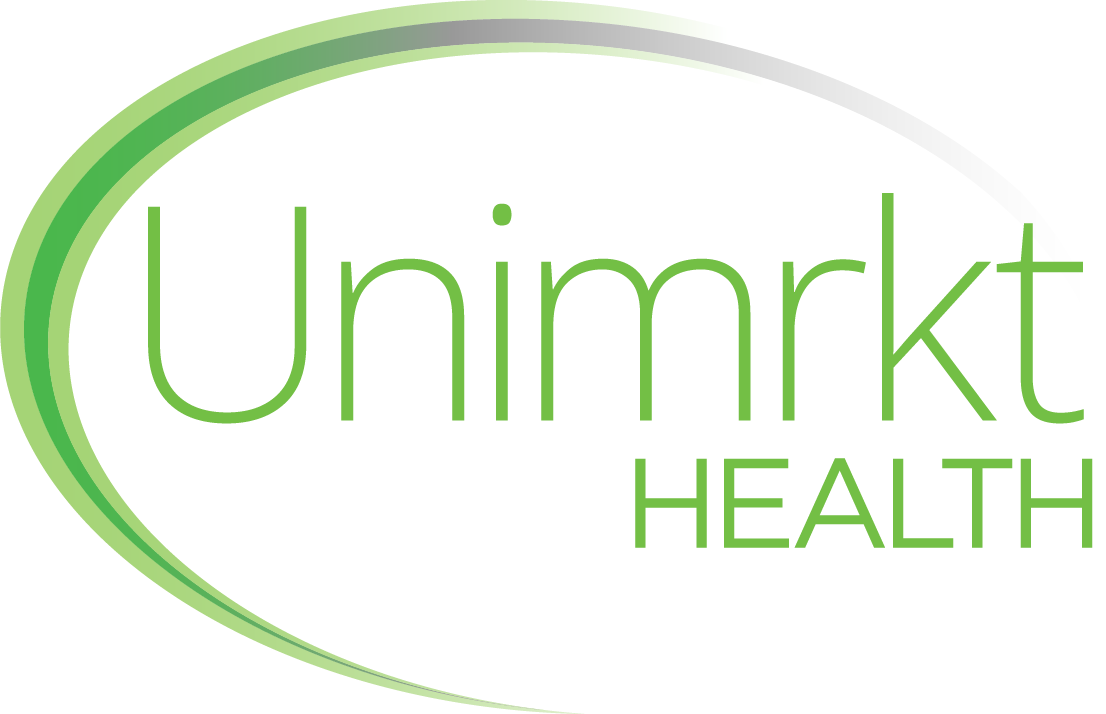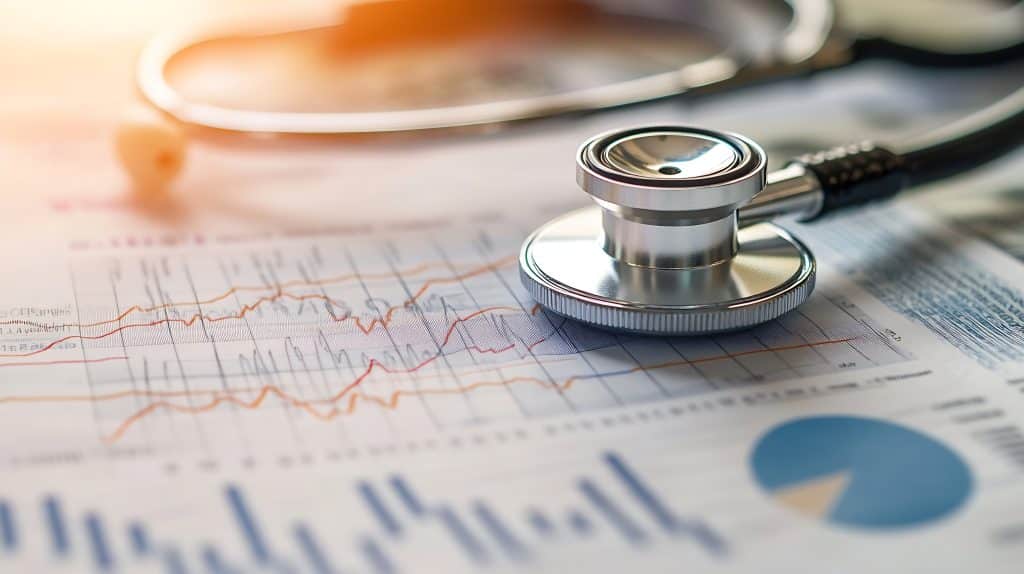Big Data in Enhancing Healthcare Services
- Unimrkt Healthcare » Blog » Big Data in Enhancing Healthcare Services
Research methodology in health has transformed over the last decade. The amount of data constantly generated and collected worldwide has significantly increased during the past ten years. As a result, the discipline of “Big Data” has emerged, which has taken the world by storm. Big Data has proven to aid new and more efficient market research methodology that has impacted every industry from marketing to healthcare in a variety of ways. Organizations are now using Big Data-enabled mixed methods research in healthcare to gain valuable insights, boost productivity, enhance the efficiency of their business processes, and foster an environment that fuels innovation. Hospital records, patient medical records, test findings, and internet of things-enabled devices are some of the big data sources used for conducting research methodologies in healthcare. Adoption of big data in health services and outcomes research methodology can lead to decreased hospitalizations and readmissions, better diagnostic equipment, newer and safer pharmaceuticals, lower healthcare expenditures, and better patient outcomes. In this blog, we will discuss the use and utility of big data-enabled market research methodology and programs for the enhancement of healthcare services.
Convergence Of Big Data, Tech, And Healthcare
Smartphones heralded the beginning of the digital era. Today, the devices can be used for virtually everything, from pedometers to calorie trackers, thanks to the emergence of specialized apps. Millions of individuals use digital medical tech to manage medical conditions and lead better lives. The wearable gadget trend has gained traction as healthcare institutions deploy state-of-the-art tech to help track patient health. The gadgets enable users to do a wide variety of things, such as uploading their health data that is combined with other people’s own to track abnormalities. They can even share this data with doctors, who can use it as part of their diagnostic toolkit. The biggest benefit of implementing big data is that even the public can access the vast, ever-growing databases of global health information to check if everything is right with their health. This allows them to identify early warning signs of health issues and visit a physician ahead of time. These advancements have sparked ground-breaking research, especially in the field of healthcare market research. The day is not far when medical and data specialists, powered by historical and algorithmic data, can foresee the future and spot challenges and threats before they even arise.
3 Promises of Big Data in Healthcare
Big data can help drive innovation in the healthcare industry and empower health specialists with superior decision-making, thanks to valuable data and analytics. Now, let’s look at the broader picture of the three main promises of big data when used in healthcare.
1. Generating Knowledge
The earliest use of Big Data was to generate new insights through predictive analytics. Today, insights generation has moved a step forward. Integrating patient data and their environment in addition to clinical and administrative data may help make even better predictions. The forecasts can be used to pinpoint areas in the health care system that require improvement in terms of both efficiency and quality, such as reducing readmissions, avoiding adverse events, prescribing therapies, and early detection of deteriorating health statuses. Finding new, cutting-edge approaches to implement AI-enabled market research methodology in the field of healthcare is another crucial benefit that big data has to offer. For too long, healthcare has depended on conventional regression-based techniques, which have their limitations. In order to obtain better and fresher insights, it is currently evolving and incorporating new techniques like machine learning and graph analytics. This ensures the advancement of quantitative market research for the greater good.
2. Integration of Data and Analytics
Business analytics and big data integration can help medical firms better understand every facet of clients, citizenry, and consumers, so they can use cutting-edge analysis and computing to realign current strategies. Similarly, securely connecting various disparate data sets to find patterns has the potential to advance healthcare by helping determine the best course of action for each person’s unique set of requirements and circumstances.
3. Research Enabled With Unprecedented Reach
Healthcare research that requires the integration of large amounts of data has long been underserved, as doing so would require impossibly lengthy computations. Thanks to big data solutions, medical researchers can now deploy different types of health research methodology while automatically contextually integrating and correlating vast amounts of data to rapidly gain new insights. The State University of New York at Buffalo (SUNY) has introduced a Big Data Solution to aid in understanding the intricate and interconnected causes of multiple sclerosis. This method combines and analyzes genetic and clinical data along with elements like living, working, and exercise situations. Due to the sophisticated processing capacity of contemporary systems, research of this magnitude used to need hundreds of workers’ days in computing time, but thanks to big data, it simply takes minutes.
Final word
The utility of big data in enhancing healthcare is immense and still largely untapped. Companies in the healthcare sector need to partner with a proven healthcare research firm specializing in different industry-standard qualitative research methodology to chart the best way forward. Unimrkt Healthcare employs scientifically proven qualitative and quantitative market research methods to provide actionable data through precise targeting of respondents. To learn more about how we can deploy the right market research methodology to help you gain valuable insights from your healthcare research, call +91-124-424-5210, +91-9870-377-557, or email sales@unimrkthealth.com. You may also fill out our contact form and our experts will contact you at the earliest.
Recent Posts
- Business Research Methodologies in Healthcare: 7 Desk-Based Approaches That Work
- Data-Driven Decisions: How Healthcare Technology Empowers Payers for Best Outcomes
- Human-Led Primary Research in the UK: The Case for CATI
- Designing Patient Surveys for Older Adults: Key Considerations for Meaningful Data
- Launching Healthcare Products? The Critical Role of Primary Market Research in Product Development
Archives
- October 2025
- September 2025
- August 2025
- July 2025
- June 2025
- May 2025
- April 2025
- March 2025
- February 2025
- January 2025
- December 2024
- November 2024
- October 2024
- September 2024
- August 2024
- July 2024
- June 2024
- May 2024
- April 2024
- March 2024
- February 2024
- January 2024
- December 2023
- November 2023
- October 2023
- September 2023
- August 2023
- July 2023
- June 2023
- May 2023
- April 2023
- March 2023
- February 2023
- January 2023
- December 2022
- November 2022
- October 2022
- September 2022
- August 2022
- July 2022
- June 2022
- May 2022
Quick Enquiry
Customer Service, We Make it Better
Related Posts:
Let's Connect
Please, fill in the form to get in touch!



